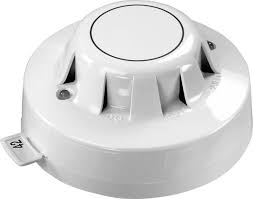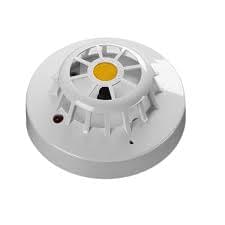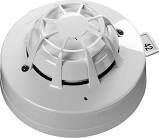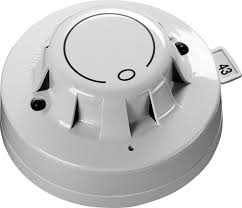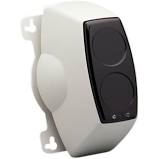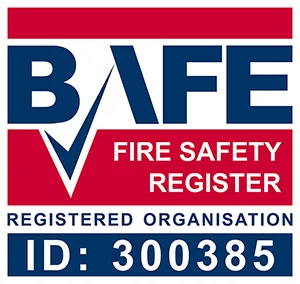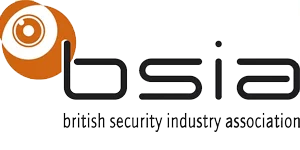There are various types of detection equipment and many will work on all types of system (conventional, addressable, and
wireless). The type and number of detectors will be specified by our system designer and/or surveyor.
Manual Call point (MCP)
Used on most fire alarm systems, these units are installed at exit points of the building and at each change of floor level.
Smoke detectors
Used in most areas and are the most popular type of detector used in most buildings. There are two types: optical and ionisation,
although, ionisation is rarely used these days. Smoke detectors are always used on escape routes because of their early
indication of fire.
Heat Detectors
Installed where it is not feasible to use a smoke detector such as kitchens or areas that suffer from dust or condensation.
Heat detectors come in 2 types: fixed temperature used in areas such as kitchens or boiler rooms where the temperatures
can fluctuate but will trigger when the set maximum temperature is reached. The second is rate of rise. These detectors
work by sensing a sharp change in temperature. An example
could be a garage workshop where smoke detectors may trigger false alarms.
Multi Sensors
These sensors have the benefit of smoke and heat detector combined into one unit and can either be used together or one
element of the detector. They can be used in difficult areas to avoid false alarms
CO Detectors
Not to be confused with the domestic CO detectors used in HMO type properties. These units, whilst not used very often,
are for buildings where a traditional smoke detector cannot be used and a heat detector is not appropriate. They are
not as effective as traditional smoke detectors and should be used as part of a fire detection solution and not the
sole means of detection.
Beam Detectors
Typically used in warehouses and areas with a large high coverage. A beam detector can cover an area of 15m x 100/150m and are often more cost effective to install than smoke detectors which would require in excess of 20 devices to cover the same area. Beam detectors are point to point so need line of sight from its transmitter and receiver. They are particularly useful in warehouses as the transmitter and receivers are positioned at each end of the building as opposed to many smoke detectors spread between racks and fork lift truck areas, making installation and servicing a lot easier.

